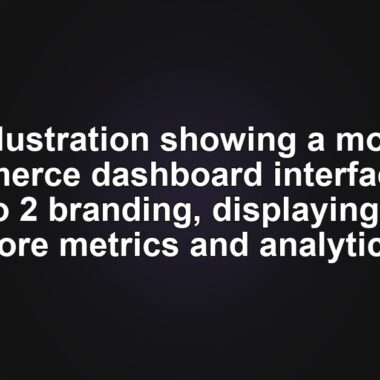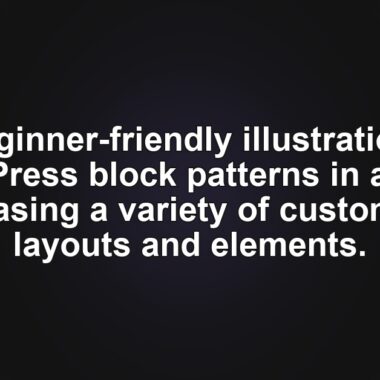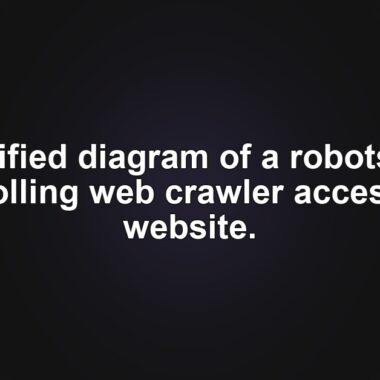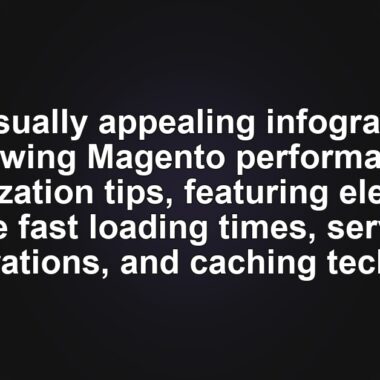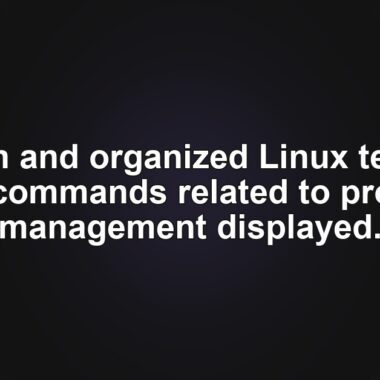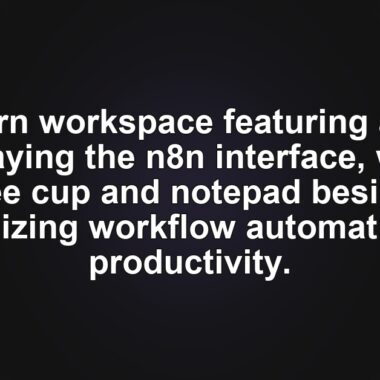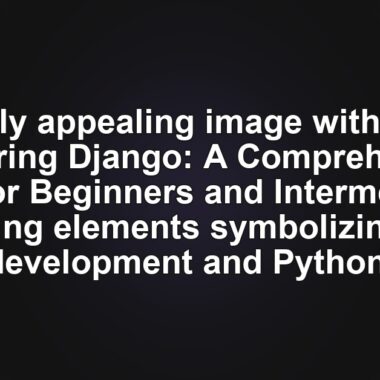How to Customize Date and Time Format in WordPress
Your WordPress posts automatically display your website date and time, but you might want to customize it to better fit your branding or personal preferences.
As a WordPress site owner, having control over how your date and time are displayed can enhance your site’s professionalism and user experience. This guide will walk you through the steps to change or customize the date and time format easily.
How to Change the Date and Time Format in WordPress
Changing the date and time format in WordPress is a straightforward process. Follow these steps to customize your settings:
- Log in to your WordPress dashboard and navigate to Settings > General.
- Scroll down to find the Date Format and Time Format sections.
- Select the format that best suits your needs. You can also enter a custom format by using the Custom box. We’ll explore format strings later to help you create your ideal custom format.
- Preview your changes to ensure you have selected the correct format. Remember, any punctuation marks you use, such as commas or dashes, will be displayed literally.
- Click Save Changes to apply your new settings.
Alternatively, you can modify your date and time format using a WordPress template file. This method is particularly useful if your theme or plugins have default formats you wish to override.
In your template file, locate the WordPress tag functions the_date() and the_time(). These functions will output the date and time format as set in your WordPress dashboard.
Understanding WordPress Time and Date Formats
WordPress allows you to use format strings to define how date and time are displayed. These strings are composed of characters where each character represents a different element of the date and time structure. Here are some examples:
m– Numeric month with a leading zero (e.g., 08).d– Numeric day of the month with a leading zero (e.g., 29).Y– Four-digit year (e.g., 2022).
For instance, the format string m/d/Y will output a date like 08/29/2022.
Since WordPress is based on PHP, you can further customize your format by using PHP date and time characters. Here are a few additional customization options:
- Escaping: To use a literal character, use a backslash. For example, to include the word ‘at’, use
\a\t. - Localizing: To adapt the month and day names to your site’s locale, replace
date()withwp_date(). For example, usewp_date('F j, Y')instead ofdate('F j, Y').
For more detailed management, learn about setting PHP timezone.
Examples of Time and Date Format Strings
Here are some common format string examples and their outputs:
F j, Y– Outputs: August 29, 2022Y-m-d– Outputs: 2022-08-29g:i a– Outputs: 9:30 amH:i– Outputs: 09:30
Feel free to experiment with different combinations to find a style that works best for your website.
Before concluding, if you’re looking for a reliable hosting service for your WordPress site, consider Hostinger. They offer great plans for beginners and seasoned developers alike.
Conclusion
Customizing your WordPress site’s date and time format can make a significant difference in its appearance and functionality. By following the steps outlined in this guide, you can easily adjust these settings to suit your preferences. For more helpful tips and tutorials, explore our WordPress resources.
Starter-Pack HTML
Download all in one WordPress cheat sheet
- How to Change the Date and Time Format in WordPress
- WordPress Time and Date Formats
- Examples of Time and Date Format Strings
How to Backup a WordPress Website
WordPress Malware Removal Guide
How to Undo Changes in WordPress
How to Clear Cache in WordPress
How to Optimize Images in WordPress
Guide to WordPress Security
How to Speed Up WordPress
Mulan G.
Mulan is a Digital Marketing enthusiast experienced in creating social media content. She is eager to help people learn in the simplest way possible. During her free time, Mulan likes to cook and watch sci-fi or documentaries.
👉 Start your website with Hostinger – get fast, secure hosting here 👈
🔗 Read more from MinimaDesk:
- How to Disable xmlrpc.php in WordPress: A Step-by-Step Guide
- Mastering the WP-Content Directory in WordPress
- The Ultimate Guide to WP-Content: Access, Upload, and Hide Your WordPress Directory
- How Many WordPress Plugins Are Too Many? Optimize Your Site for Success
🎁 Download free premium WordPress tools from our Starter Tools page.

